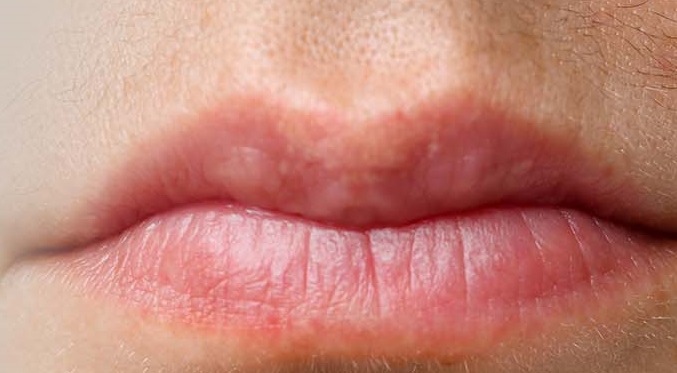Every woman loves to look into the mirror and find not to see an extra strand of hair on their face, be it the upper lips or below the chin. While it is common for women to have hair in these areas, most women resort to multiple ways to get rid of unwanted hair growth. The condition of having excessive hair growth is called hirsutism and can be caused by a lot of factors. However, the leading factor behind unwanted hair growth is hormonal imbalance.
In this blog, the experts at Magna Centre have discussed how hormonal imbalance can trigger unwanted hair growth (hirsutism) in females. These expert doctors are widely known for performing the best unwanted hair treatment in Hyderabad. Continue reading for detailed information.
Before proceeding, let’s understand what hirsutism is.
What is Hirsutism?
Hirsutism is characterized by excessive hair growth on the body or face. For females, the hair may grow in areas where men do have a lot of hair, but women often don’t. This includes the upper lips, chin, chest, back, etc. It is brought on by an overabundance of androgens, which are male hormones. Androgens are normally produced at modest levels by all women. However, excessive amounts of this hormone can cause hirsutism.
How Does Hirsutism Cause Unwanted Hair Growth?
Excessive, unwanted hair growth can be really embarrassing for women. Unwanted hair growth, on the other hand, may be an indication of a hormonal imbalance and should be handled carefully. If one has experienced a change in their hair growth, such as thicker and darker hair, it is a good idea to look at what is causing the growth. In women over the age of 35, the main culprit is considered to be sex hormone imbalance.
Is Facial Hair a Symptom of an Excess of Testosterone?
Hormone changes associated with perimenopause or menopause are the leading causes of increased hair growth. If one is over 35 and is experiencing changes in their hair growth, this is most likely the reason why. Women going through menopause are especially prone to excess hair growth on the face, chin, chest, nipples, or genital areas.
Hormonal imbalances can indeed trigger unwanted hair growth. The primary hormone responsible for hair growth is called dihydrotestosterone (DHT), which is often derived from testosterone. Men and women both produce testosterone, but at varying levels.
If one is experiencing excessive facial hair on their face, it is best to consult the endocrinologist in Hyderabad at Magna Centre to get an effective treatment.
What is the Relation Between Hormonal Balance and Hair Growth?Perimenopausal hormone changes affect not only how much testosterone is in the body but also the amount of testosterone compared with other female hormones such as estrogen and progesterone. This relatively depends on genetics, as the hair follicles may have a high sensitivity to testosterone, which promotes hair growth. Also, estrogen levels promote hair growth.
Hormonal Imbalances that May Contribute to Unwanted Hair Growth are as Below:
- Polycystic ovary syndrome (PCOS): PCOS is a common hormonal disorder in women that is caused by the overproduction of androgen. The condition can lead to an irregular menstrual cycle, acne, ovarian cysts, hirsutism, and weight gain.
- Adrenal Gland Disorders: There are certain conditions that affect the adrenal glands, such as Cushing’s syndrome. This can result in increased production of cortisol, a stress hormone. Cortisol levels that are too high may affect the balance of other hormones in the body, including androgens, resulting in undesired hair growth.
- Medications: Medications, such as anabolic steroids or corticosteroids, can cause hormonal imbalances and contribute to hirsutism.
One must understand that some degree of hair growth is natural and varies from one individual to another. However, if one notices significant changes in their hair growth patterns, it is best to consult the experts at Magna Centre to get the best hirsutism treatment in Hyderabad. They will evaluate the symptoms, recommend necessary tests, and advise appropriate treatments or lifestyle modifications to address the underlying hormonal imbalance.
The medical professionals at Magna Centre will conduct tests like total testosterone, T4, TSH, etc. to look for additional signs of elevated androgens. They may recommend the patient take oral contraceptive pills (OCP) and spironolactone, which is considered the most effective treatment for unwanted hair.
For more information on endocrinologist treatment, visit blogs: Who is Endocrinologist?
